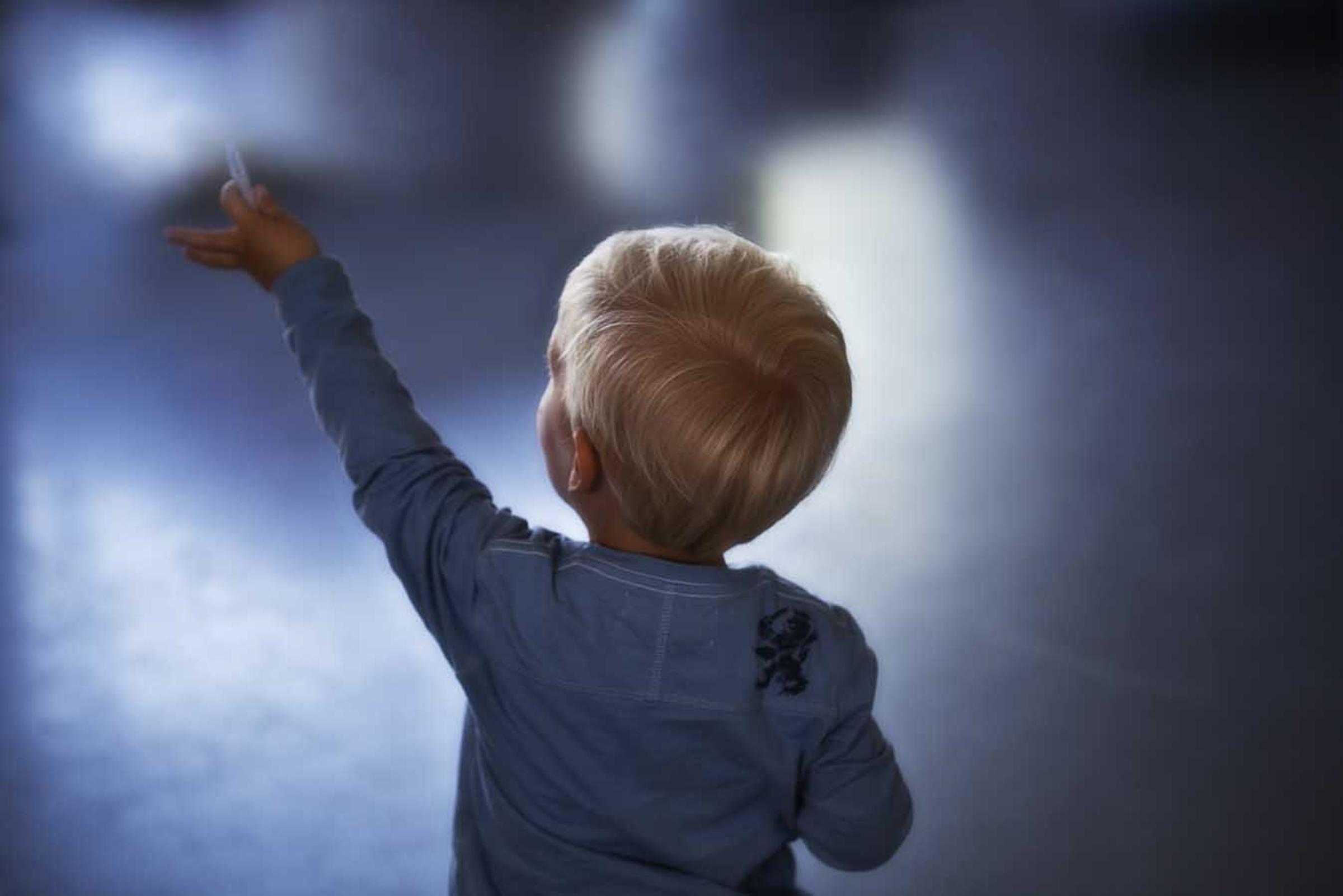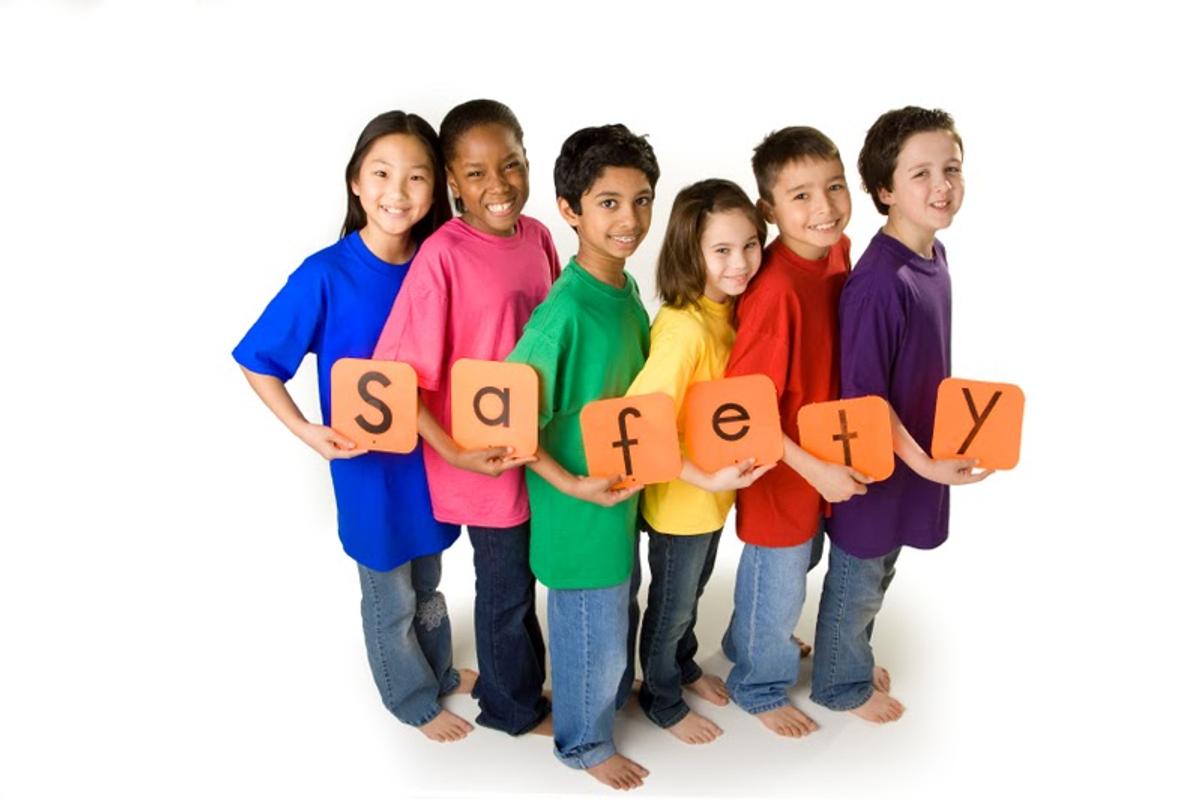Wellbeing

Transition back to school after lockdown
This last lock down has really taken its toll on many families. We are so excited to have the students back at school this week. A really simple easy thing you can do to help each other during these difficult times is to have regular “check ins”.
When your child comes home from school, ask them how they are feeling. You can use emoji faces to identify your feelings as visuals are great for kids. It is important that you model this with your children too and share with them how you are feeling and why. It is important for the children to recognise all different emotions and that it is okay and normal to feel different emotions including ones that make us feel uncomfortable.
You can then talk to your children about what are some appropriate actions to take in response to those feelings or ways that can regulate their emotions if they are feeling upset, frustrated or angry.
The Resilience Project
This term our focus for the Resilience Project is on emotional literacy. Emotional literacy is the ability to recognise our own emotions through our bodies and response and recognise how others are feeling and respond appropriately.
Our ability to label our emotions, which helps us to soften negative emotions and find positive emotions. We practise emotional literacy by labelling our emotions as we experience them.
Here is what some children and teachers have had to say about emotional literacy, who have participated in the program:
“I felt freer to share my emotions after The Resilience Project”. — Grade 4 Empathy & Kindness Emotional Literacy Mindfulness
“I just see the changes on some of my friends. They’re more open when their upset and they talk. We’re all more open. We’re all happier as a class.” — Grade 6.
“It’s so great to have it as part of the curriculum, creating space to really delve into wellbeing by articulating emotions, practicing gratitude and social skills. So refreshing that we are making the time for that” — Teacher
Child Safety Policy
At SFS, we have a Child Safety policy. Each week in the newsletter, we will share some of this policy. This week we are looking at expectations of staff and Student safety and participation.
Expectation of our school staff – Child Safety Code of Conduct
At St Francis de Sales Primary School, we expect school employees, volunteers, contractors and clergy to proactively ensure the safety of students at all times and to take appropriate action if there are concerns about the safety of any child at the school. All school staff must remain familiar with the relevant laws, the code of conduct, and policies and procedures in relation to child protection, and comply with all requirements. We have developed a Child Safety Code of Conduct, which recognises the critical role that school staff play in protecting the students in our care and establishes clear expectations of school employees, volunteers, contractors and clergy for appropriate behaviour with children in order to safeguard them against abuse and/or neglect. Our Code also protects school staff through clarification of acceptable and unacceptable behaviour.
Student safety and participation
At St Francis de Sales Primary School, we actively encourage all students to openly express their views and feel comfortable about giving voice to the things that are important to them. We teach students about what they can do if they feel unsafe and enable them to understand, identify, discuss and report their concerns. We listen to and act on any concerns students, or their parents or carers, raise with us.
Our school year commences with a Student Wellbeing week to foster and enhance relationships. Our School Values and Code of Conduct are made explicit. Emphasis is placed on how we see the values of our school lived out in the learning space and outside in the playground.
The practice of Circle time continues to promote an environment which is democratic, respectful, safe and inclusive. The aims of circle time are to develop a caring classroom ethos and sense of belonging, increasing student voice and participation. It also aims to develop the self-awareness and social and emotional skills that support resilience and healthy relationships.
Our senior students (grades 3 to 6) further develop their voice through their active participation in action teams, school assemblies and the daily running of morning gathering in each space.
Wellbeing is a part of our specialist program.
All students from prep to grade six are explicitly taught the content and skills outlined in the Personal and Social Capabilities of the Victorian curriculum. The curriculum design integrates appropriate knowledge and skills to enhance students’ understanding of being safe. Teaching and learning strategies that acknowledge and support student agency and voice are implemented.
We have developed appropriate education about:
· standards of behaviour for students attending our school
· healthy and respectful relationships (including sexuality)
· resilience
· child abuse awareness and prevention.
SFS Community Twilight Market
We are so excited and hopeful about having our Twilight market this year on Thursday 4th November from 5pm to 8pm. If you have not already, mark the date on your calendar. It’s not too late if you are interested in having a stall. Please email me rlenko@sfslynbrook.catholic.edu.au for more information.
If you have any concerns about the wellbeing of your child, please do not hesitate to contact me.
Rachel Lenko
Student Wellbeing




